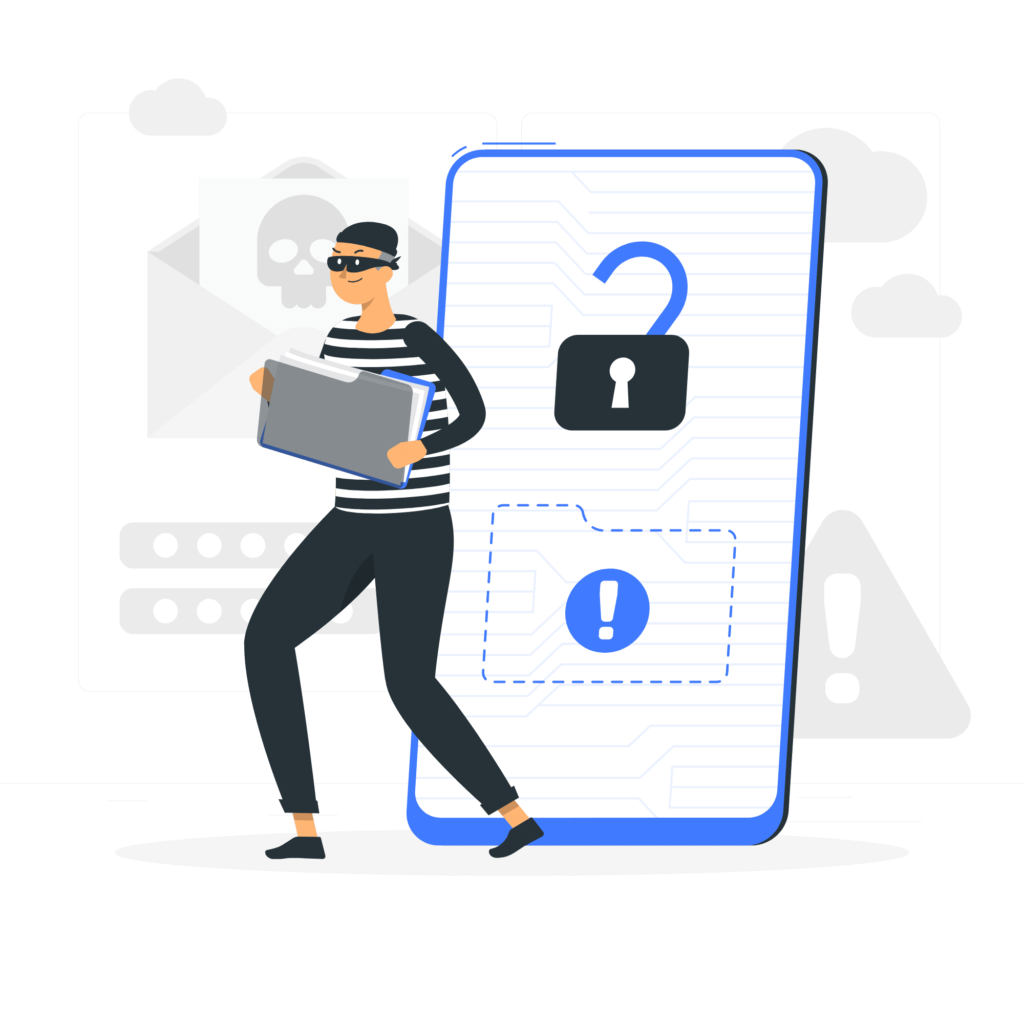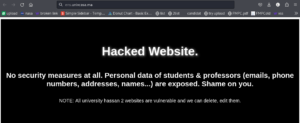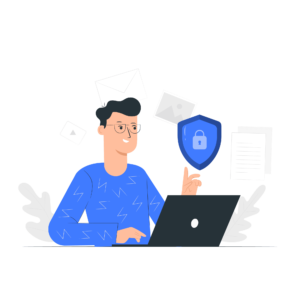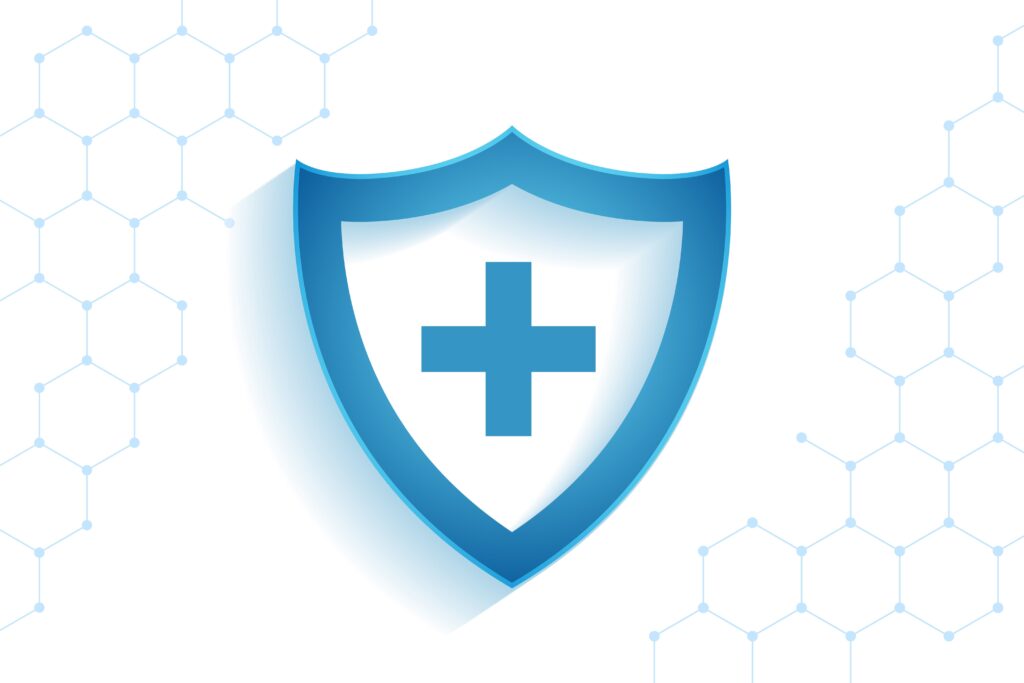Public Wi-Fi Security: How to Stay Safe on Public Networks in Morocco
Free public Wi-Fi is a lifesaver when you’re out and about, whether in a café, airport, or hotel. However, using public Wi-Fi networks can be risky if you’re not careful. Hackers often target unsecured networks to steal personal information, login credentials, and financial data.
In Morocco, where public Wi-Fi is increasingly common, understanding how to stay safe while using these networks is essential. In this guide, we’ll explain the risks of Public Wi-Fi Security and offer practical tips to ensure your browsing remains private and secure.

Why Public Wi-Fi is a Security Risk
Public Wi-Fi networks are typically unsecured, meaning they lack proper encryption. This makes it easy for hackers to intercept your online activity. Common risks include:
- Man-in-the-Middle Attacks: Hackers position themselves between you and the Wi-Fi network, capturing sensitive information such as emails, passwords, and credit card details.
- Fake Hotspots: Cybercriminals set up fake Wi-Fi networks that look legitimate but are designed to steal your data.
- Malware Injection: Unsecured networks can be used to distribute malware to connected devices.
- Data Snooping: Hackers can monitor your activity and access private information.
Without proper precautions, connecting to public Wi-Fi can expose you to these significant security threats.
Top Tips to Stay Safe on Public Wi-Fi
Follow these tips to protect yourself with public Wi-Fi security practices when using public Wi-Fi networks
1. Use a VPN (Virtual Private Network)
A VPN encrypts your internet connection, making it nearly impossible for hackers to intercept your data. Always connect to a reliable VPN before accessing public Wi-Fi.
- Tip: Choose VPN services like NordVPN, ExpressVPN, or ProtonVPN for strong encryption.
2. Avoid Accessing Sensitive Information
Never access sensitive accounts (e.g., online banking, email) or share confidential data while connected to public Wi-Fi. Save these tasks for a secure, private network.
3. Verify the Network Name
Before connecting, confirm the exact name of the public Wi-Fi network with staff or signage. Avoid networks with generic names like “Free Wi-Fi” as they may be traps set up by hackers.
4. Enable Your Firewall
Turn on your device’s firewall to block unauthorized access. It adds an extra layer of protection when using public networks.
- For Windows: Go to Control Panel > System and Security > Windows Firewall.
- For Mac: Go to System Preferences > Security & Privacy > Firewall.
5. Turn Off Automatic Connections
Disable automatic Wi-Fi connections on your devices. This prevents your phone or laptop from connecting to risky networks without your knowledge.
- How to do this:
- On Android/iPhone: Go to Settings > Wi-Fi > Turn off Auto-Join.
- On Windows: Go to Wi-Fi settings > Manage known networks.
6. Use HTTPS Websites
Always check for HTTPS in the website URL when browsing. HTTPS encrypts data between your browser and the site, making it harder for hackers to intercept.
- Use browser extensions like HTTPS Everywhere to force secure connections.
7. Update Your Devices and Software
Outdated software can have security vulnerabilities that hackers exploit. Regularly update your operating system, browser, and antivirus software to stay protected.
How to Tell If a Public Wi-Fi Network is Safe
While it’s impossible to guarantee any public Wi-Fi is 100% secure, here are signs of a safer network:
- You need a password to access the Wi-Fi.
- It’s provided by a trusted business like a hotel or café.
- You confirm the network name with staff before connecting.
If in doubt, avoid the network entirely.
Why Public Wi-Fi Security Matters in Morocco
With Morocco’s growing digital economy, public Wi-Fi is widely available, especially in urban areas like Casablanca, Marrakech, and Rabat. Cybersecurity awareness is crucial as hackers continue to exploit unprotected networks.
By adopting the practices above, you can enjoy the convenience of free Wi-Fi while maintaining strong public Wi-Fi security and not compromising your data.
Final Thoughts
Public Wi-Fi security is a critical issue, especially in Morocco, where public networks are expanding rapidly. By using a VPN, avoiding sensitive activities, and adopting basic precautions, you can protect your information from prying eyes.
Remember: convenience shouldn’t come at the cost of security. Stay vigilant, follow these tips, and browse safely on any public Wi-Fi network.





